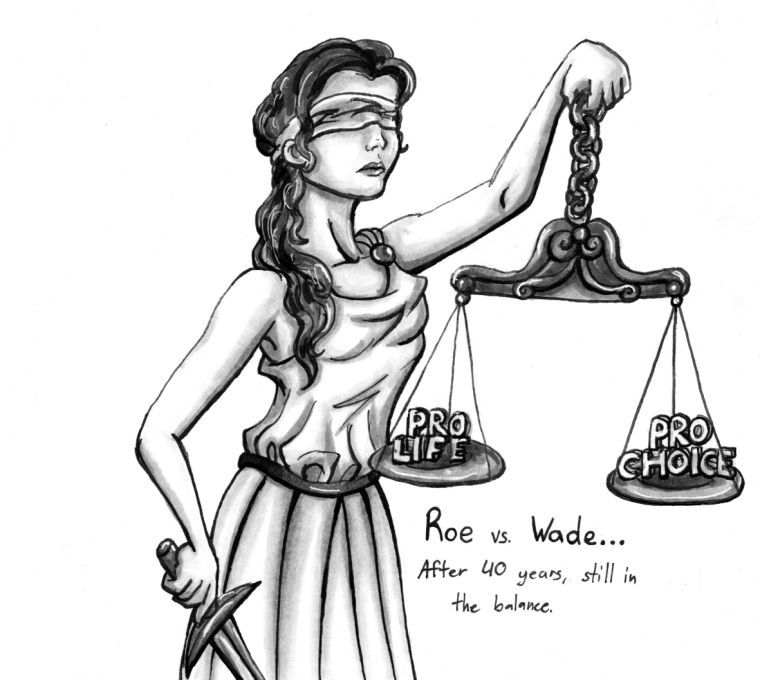Roe v. Wade anniversary: It’s time to reconsider
January 21, 2013
Roe v. Wade did more than legalize abortion: It put one life above another.
On the 40th anniversary of Roe v. Wade, the abortion debate is still alive, albeit it is not as fiery as it once was. The famous case concluded that a woman’s right to privacy extended further than the government’s interest in protecting the life of her unborn child. Women were given the right to terminate the life growing inside them in the name of personal choice. Ever since, the number of abortions has been alarming.
According to a variety of sources, including Steven Ertelt of Lifenews.com and Politifact.com, more than 50 million abortions have occurred since its passing. That’s a baby every 30 seconds. In comparison, someone attempts suicide every 40 seconds, and every 12 minutes someone dies by a car accident.
If these embryos and fetuses were born, abortion would be considered a weapon of genocide.
One must stop and think: who have we killed among these millions? Have we killed the next Mozart or the scientist who could have cured cancer? The fact is we don’t know, nor will we ever. These lives have been massacred at a dramatic rate, and yet the passing of Roe v. Wade has been considered advancement towards women’s rights.
Who is there to defend the baby’s rights?
Abortion is murder; there’s no way around it. If it wasn’t alive, it wouldn’t grow. However, Roe v. Wade isn’t about the moral debate of when life begins. Instead, it’s about whose life is more important. Our society, which has placed so much focus on the necessity of equality, has overlooked the unborn populace. Roe v. Wade is a reminder that it’s easy to discriminate against those who cannot speak for themselves.
People fight every day to save other’s lives, but who are we if we don’t even let life begin?







